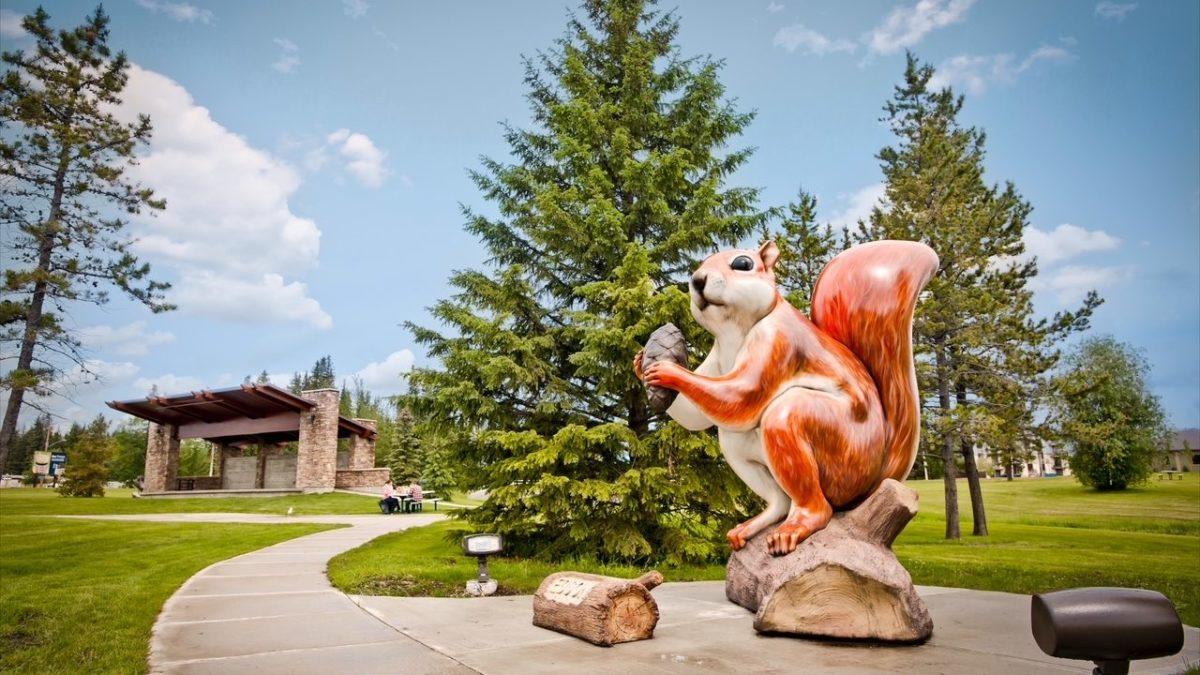For Edson Mayor Kevin Zahara, sharing his community’s experiences with natural resource development is an obligation he hopes will help protect and strengthen the economic fortunes of rural Canada.
That’s why the mayor of the West Central Alberta town that sits in some of the most pristine rolling woodlands in the continent takes every opportunity to speak to fellow elected officials and business leaders across the country about the transformative powers responsible oil and gas development can have on communities.
And the great care – often above and beyond regulatory requirements – that is taken to protect the environment.
“There’s a false narrative out there about Canadian oil and gas through the various anti-Alberta energy campaigns over the last decade, so connecting one-on-one and talking directly with leaders in other communities is really important for me,” said Zahara.
“I think it’s important to not only speak to political leadership but also business owners and residents who need to understand the full story.”
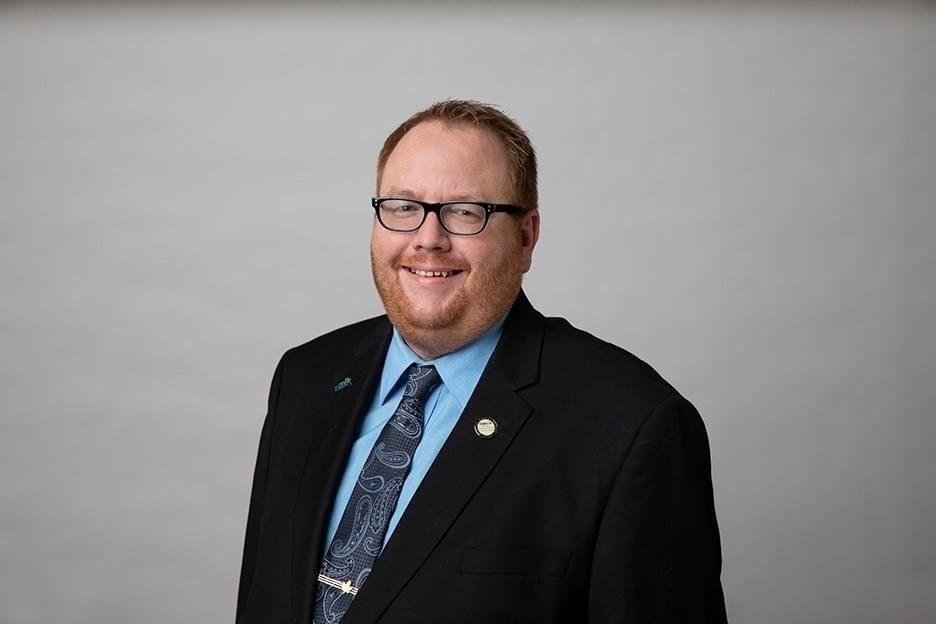
Edson, which sits along the Yellowhead highway – a vital transportation route just a little over an hour east of Jasper National Park – has long seen its share of work boots in the community.
Today, the town is positively booming. Construction on the Trans Mountain pipeline expansion saw an influx of thousands of workers almost immediately after the project received its final approval in 2018.
And with work on various natural gas pipeline expansions and development of the $1.5 billion Cascade power plant, the economy in the region is expected to continue to stay heated for years to come.
This is great news for the town’s business leaders, who were impacted significantly during the sustained commodity price crash of 2014 and the steady decline of coal mining in the region.
“Prior to the Trans Mountain expansion project, the atmosphere in the community was very bleak,” said Zahara.
“It was slow. It was quiet. And people were unsure what the future had in store.”
Hotels are now at near full occupancy, the housing market is hot with limited inventory and businesses have a steady flow of customers.
Activity fueling opportunity
Doug Brown, general manager of Edson’s Bannister GM, said the dealership saw a 600 per cent increase in traffic in his service shop in January of this year – something he credits to the temporary workers in the region – and he has had several truck fleet orders come in from the energy companies operating nearby.
“We have hired 20 per cent more staff than we had initially since August,” said Brown. “It has also given us opportunity to promote internally up the food chain and fill the voids in the entry level jobs. So, it’s been beneficial all around.”
The optimism helped cement Brown’s decision to acquire another dealership in town.
“You don’t spend that kind of money as a private business without having significant confidence everything is headed in the right direction.”
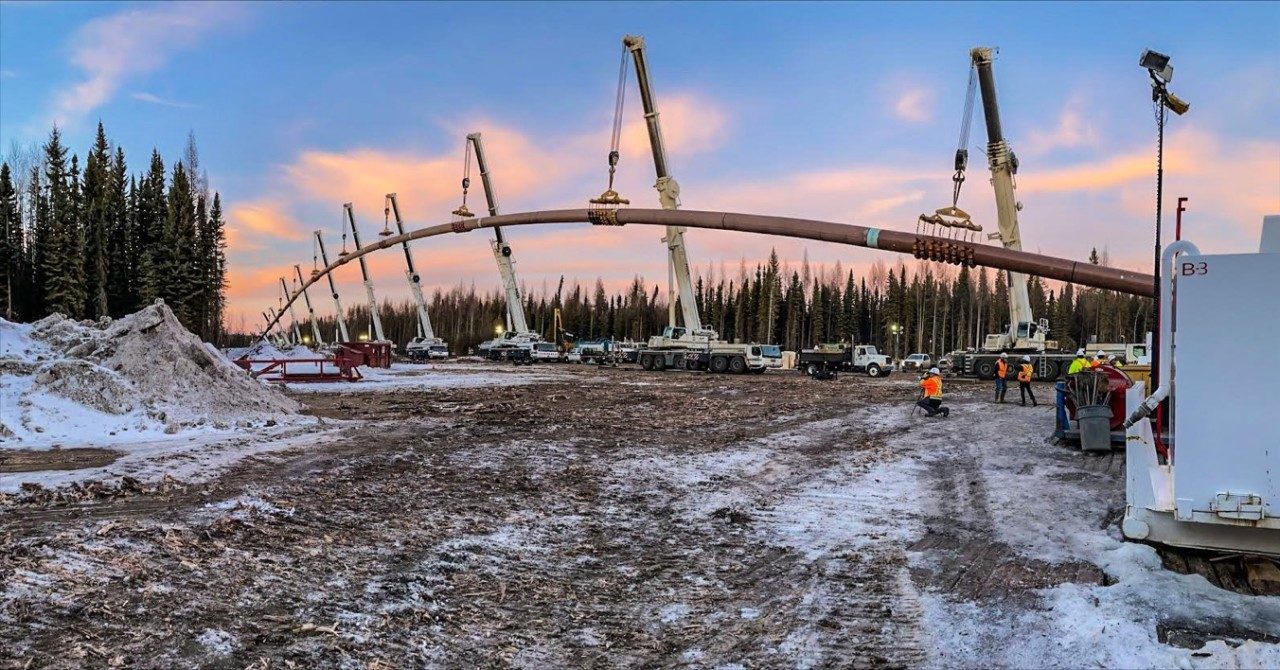
Environmental protection crucial for community
A problem Edson rarely encounters is environmental degradation from development, said Mayor Zahara.
That’s good because residents of this community – a gateway to the pristine Rocky Mountains – demand companies go above and beyond when it comes to protection of natural areas.
“We are an industry town. We are proud of the fact that we are an industry town but there’s much more to our story,” said Zahara, noting Edson is recognized as a provincial leader in waste management and is hoping to spearhead a network of electric vehicle charging stations among several other green initiatives.
“You see a lot of the oil and gas companies that have taken very strict environmental policies, over and above government regulations. Solar panels at lease sites are now a common practice and sharing of roadways between oil and gas and forestry companies is becoming standard.”
Fearmongering over oil spills is something that comes up from now and again, mostly by outsiders opposed to the Trans Mountain expansion. But Zahara will often remind people the original Trans Mountain pipeline has been operating safely without a significant incident in the region for almost 70 years.
Bannister GM’s Brown also shakes his head at the misinformation.
“I can guarantee you that there is no development anywhere in the world that even comes close to the environmental standards that have been put on these projects,” he said.
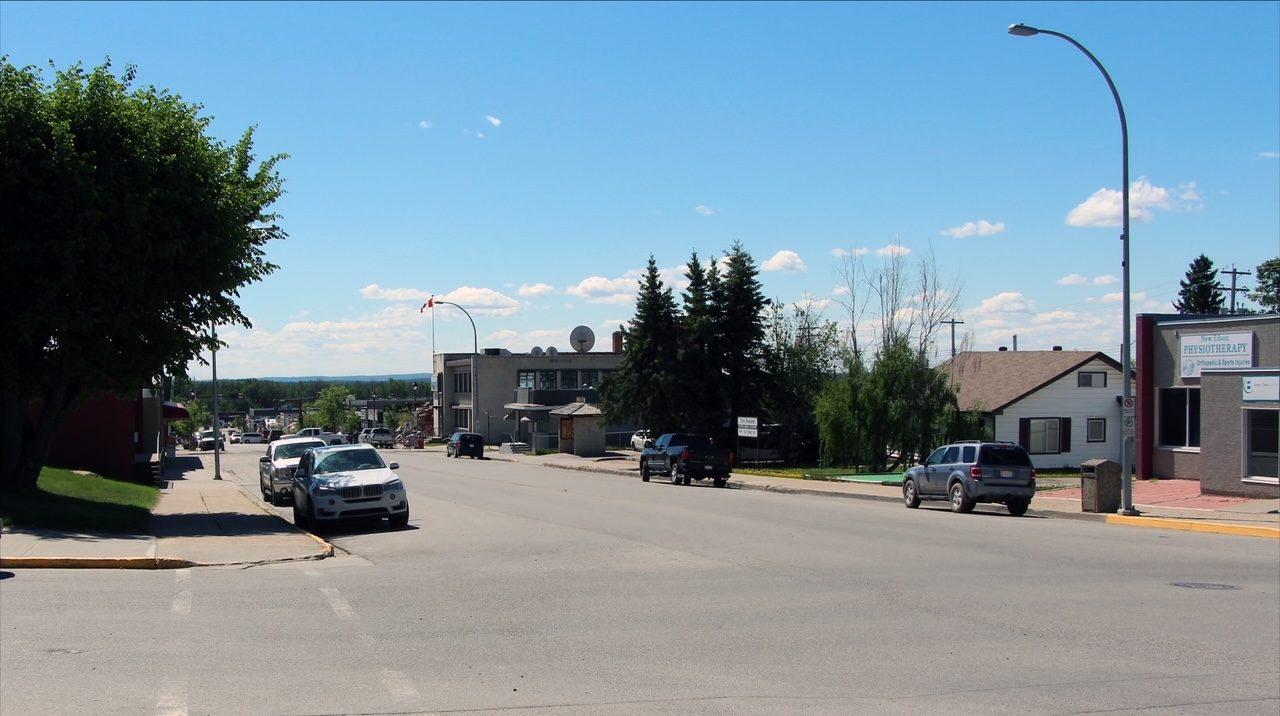
Remote workers fitting in with residents, businesses
Perhaps the biggest thing Zahara talks about to his colleagues across Canada not as experienced working with industry is how much oil and gas workers become part of the community.
“Many remote workers did their Christmas shopping in Edson because they live here six out of seven days of the week with very little down time,” said Zahara
“They go to the Junior A hockey games. They support legion events and all sorts of different things. It has been a huge benefit to have them here.”
Some even come and work at local businesses like Urban Image Spa, said owner Lise Pavich, who is training a hydrovac truck worker on the pipelines to become an esthetician.
The increase in industrial activity in recent years has benefitted the spa with more demand for services in non-traditional times such as late evenings and weekends, noting some appointments as late as 10 p.m.
Pavich, who has been in Edson for since her school years, said the best thing about living in the area is the region’s many natural spaces, something she recognizes industry strives hard to protect.
She’s heard stories of projects shutting down for a full day because somebody found a frog, salamander or bird’s nest on a site.
“We joke about these things because never in my life would I think that they’d shut down a full day of a project because of a frog. But when I hear these things it’s impressive.”
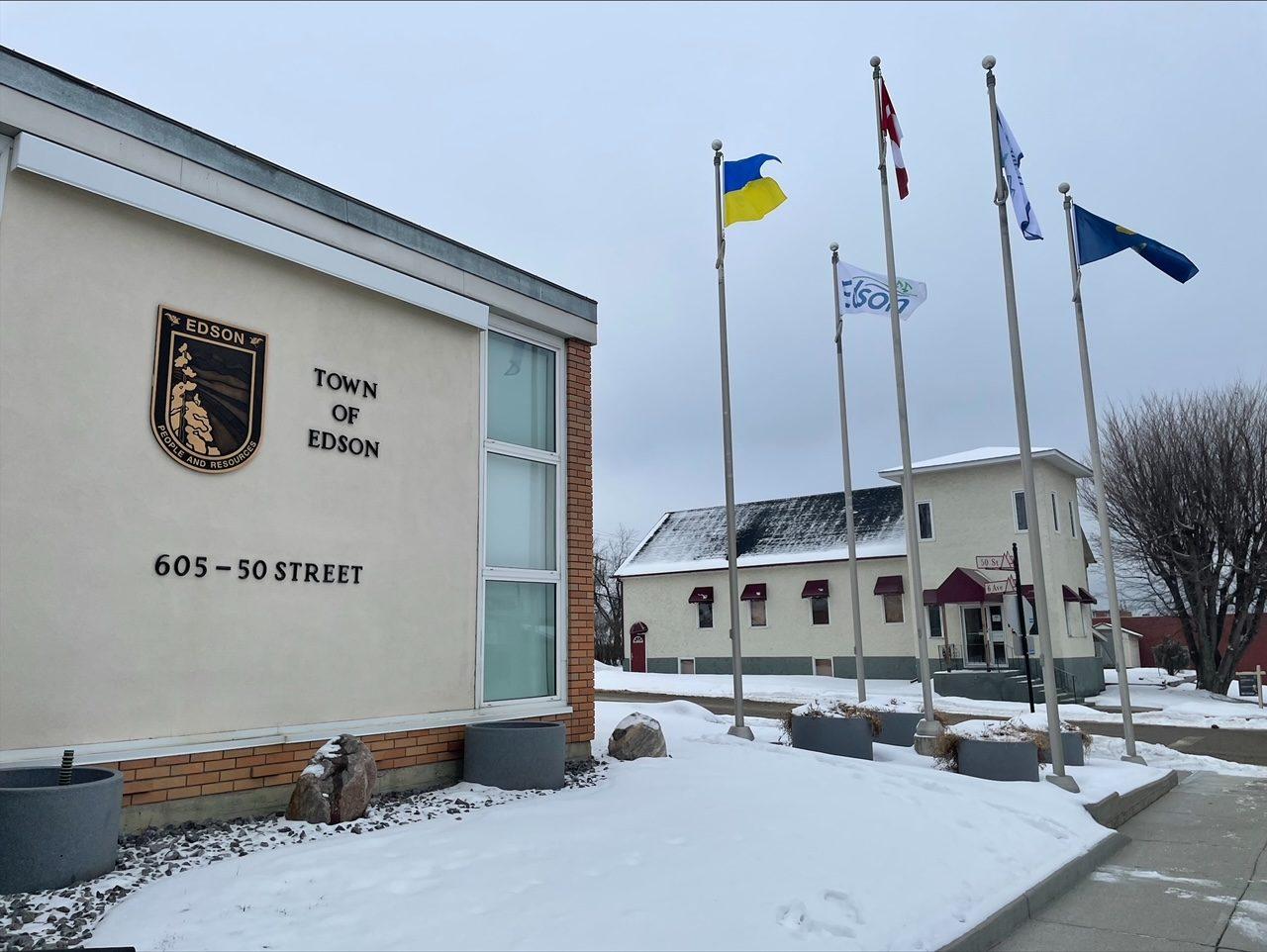
Companies giving back to community
What also constantly impresses Mayor Zahara is how much companies give back.
“They know their reputations are reflective of what they do in the community,” he said.
For example, he points to one oil and gas company that filled sheds throughout Edson’s green spaces with equipment for kids to play with like frisbees and basketballs.
“They didn’t want any recognition of it. When I said ‘Let me just do a thank you,’ they said ‘absolutely not. We want to do this quietly and we just want to make sure that it’s okay that we do this,’” Zahara said.
“They live here, they understand our community and it’s very, very beneficial. They’re the first to help out whenever we need help,” he said, noting a $10,000 corporate cheque that arrived the day after the town’s food bank was broken into.
These are the stories and anecdotes Zahara says are important his colleagues across the country, who may be hesitant about a natural resources project or pipeline project need to know.
Because without the economic growth these projects provide, the long-term existence of many rural Canada communities will be threatened.
“I am careful not to ram it down their throats, but I tell them to build the relationships [with companies], make an opinion for yourself, but speaking about our experience in our community it has been incredibly positive.”
The unaltered reproduction of this content is free of charge with attribution to Canadian Energy Centre Ltd.
